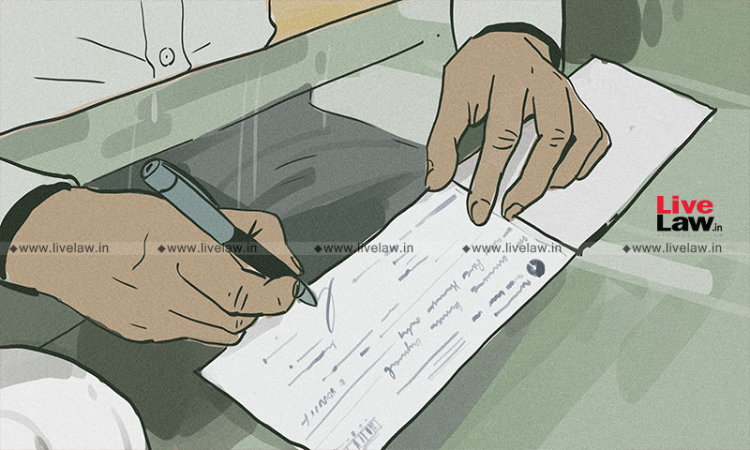IBC Moratorium Vs Cheque Dishonour Proceedings
Karishma Jaiswal
7 Sept 2021 5:05 PM IST

The Hon'ble Supreme Court of India has, in the matter of P. Mohanraj & Ors. Vs M/s. Shah Brothers Ispat Pvt. Ltd. has clarified the difference between section 14 of the IBC Code, 2016 and section 138/141 of the Negotiable Instrument Act. Besides determining the difference between the two, Hon'ble Court has also emphasised whether Moratorium under Section 14 of IBC Covers Section 138 of NI Act Proceedings against Corporate Debtor for Cheque Dishonour.
First, Hon'ble Court has made to realise the object contains in Section 14 of the IBC. The purpose of section 14 i.e. imposition of moratorium against the Corporate Debtor is basically to ensure that there is no depletion of assets of the corporate debtor during the insolvency resolution process and at the same time it can be kept afloat as a going concern during the insolvency resolution process thereby maximizing the value for all stakeholders.
Keeping the above background and object of Section 14 of the Code, Hon'ble Supreme Court has analysed in case of P. Mohanraj & Ors. vs Shah Brothers Ispat Private Limited whether the institution or continuation of a proceeding under Section 138 read with Section 141 of the Act, can be said to be covered by Section 14 of the Code?
Hon'ble Supreme Court held that the Section 14(1)(a) is very wide and includes institution, continuation, judgment and execution of suit and proceedings. Further, to understand the width of the expression 'proceedings' the Court then considered the subsequent words and expressions in Section 14(1)(a) - "any judgment, decree or order" and "any court of law, tribunal arbitration panel or other authority". Since Criminal proceedings are conducted before courts mentioned in Section 6 of the Criminal Procedure Coder, 1973, the Supreme Court concluded that such proceedings would certainly be a proceeding in a court of law in respect of a transaction which relates to a debt owed by the corporate debtor.
The Court further concluded that given the width of the expression 'proceedings', as already discussed, it was difficult to accept that it should be limited to civil suits alone.
The Court then turned its attention to the provisions of Chapter XVII of the Act together with amendments made thereto. The Court found that the proceeding under Chapter XVII of the Code, which contained that section 138 was quasi-criminal in nature, instituted with a view to recover amounts under a dishonoured cheque through summary proceeding. Having regard to the aforesaid, the Supreme Court, after having considered various decisions rendered by it on the true nature of proceedings under Chapter XVII of the Act, observed that the proceeding under Section 138 can be said to be a "civil sheep" in a "criminal wolf's" clothing.
Thus, Hon'ble Supreme Court summarised that
Proceedings under Section 138 read with Section 141 of the Act are 'proceedings' within the meaning of Section 14(1)(a) of the Code.
An order of moratorium passed by the NCLT, would apply with equal force vis-à-vis proceedings initiated under Chapter XVII, Section 138 of the Act, qua the corporate debtor alone. The proceedings may continue after the moratorium period (330 days) comes to an end.
Irrespective of the moratorium in force against the corporate debtor, the proceedings under Section 138 of the Negotiable Instruments Act, 1881, against the directors/persons in management of the corporate debtor can be continued or initiated and they will be statutorily liable.
Hence, the above Judgement of Hon'ble Supreme Court is very clear that Section 14 of IBC covers Section 138/141 of Negotiable Instrument Act on Corporate Debtor alone and thus cheque bounce proceeding shall be stayed against the Corporate Debtor. However, cheque bounce proceeding can be initiated against the Directors of Corporate Debtor.
The Author Karishma Jaiswal is Senior Associate at Maheshwari & Co. Views are personal.


